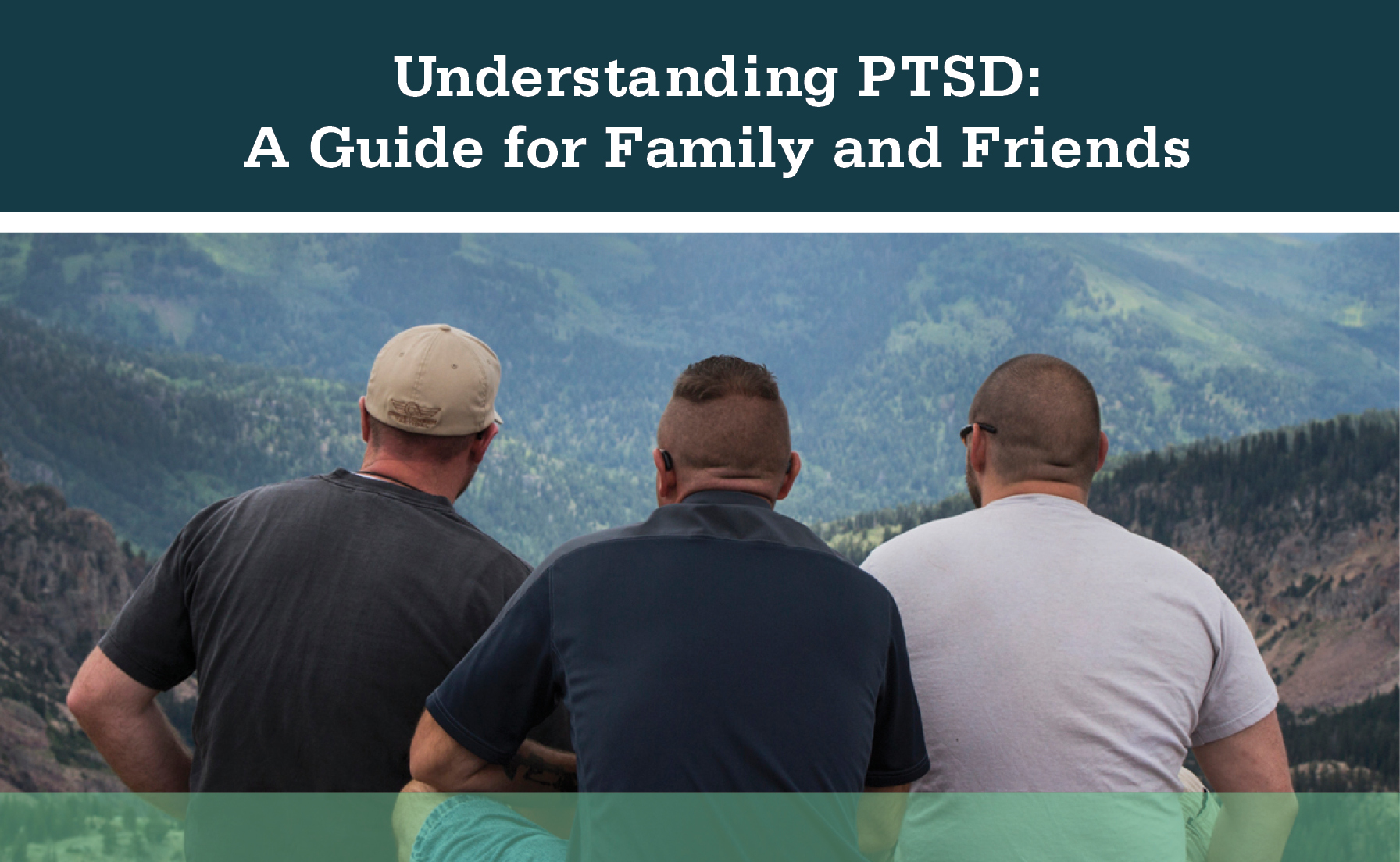“It just takes someone reaching out to them and saying, 'Hey, I think you may need to go to the VA and get some help.'”
Andy Dunaway
Family Member
Available en Español
Military service includes risks, even for those who do not deploy to combat zones. It may be hard for Veterans to adjust after service, and you may not know how to talk about it. Learn some tips and resources to help you get a Veteran access to care and services.
Reading time: minutes
Leaving military service can be planned (like retirement) or it may be sudden, for example, if a service member gets injured. The transition out of service can be hard for anyone, even if it is what the person wants. If you notice a difference in a Veteran after service, it might be worth talking to them about what they are experiencing.
"Normal" is different for everyone, but there are signs a Veteran you care about may need help. Some examples are sleep problems, feeling down or depressed, becoming angry easily or always being on edge, difficulties at work or school, problems with relationships, excessive drinking or drug use, or reckless driving.
It can be hard to tell someone that you think they need help. It can be difficult to say what you mean if you are worried. Also, it can be hard for someone to listen if they are anxious, nervous or even angry.
Mental health care is helpful only if a service member or Veteran makes that decision for themself. Someone can accept making changes only when they truly feel there is a choice. Here are some tips for you to make it easier for a Veteran you care about to get help:
Caregiver Support Program Teams are available at each VA Medical Center to help caregivers find the right support to meet their needs and to enroll in caregiver programs and services.
Caregiver Resources to support Veteran care from advance care planning to training to finances and more.
VA's National Caregiver Support Line is a toll-free number for caregivers, family members, friends, Veterans, and community partners to contact for information related to caregiving and available supports and services. Call VA's Caregiver Support Line at 1-855-260-3274 to learn more about support available.
You May Also Be Interested In

What you need to know to help yourself and your loved one with PTSD.